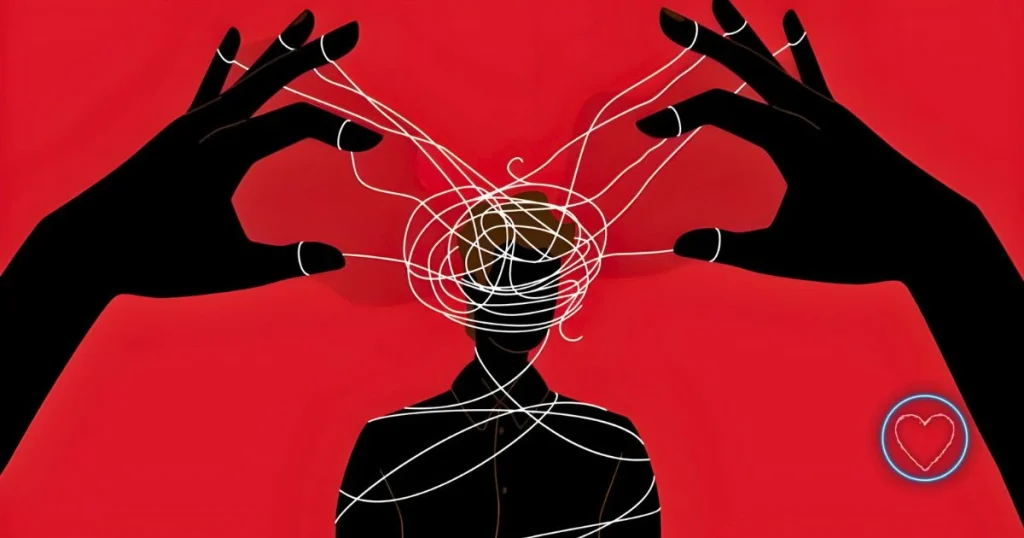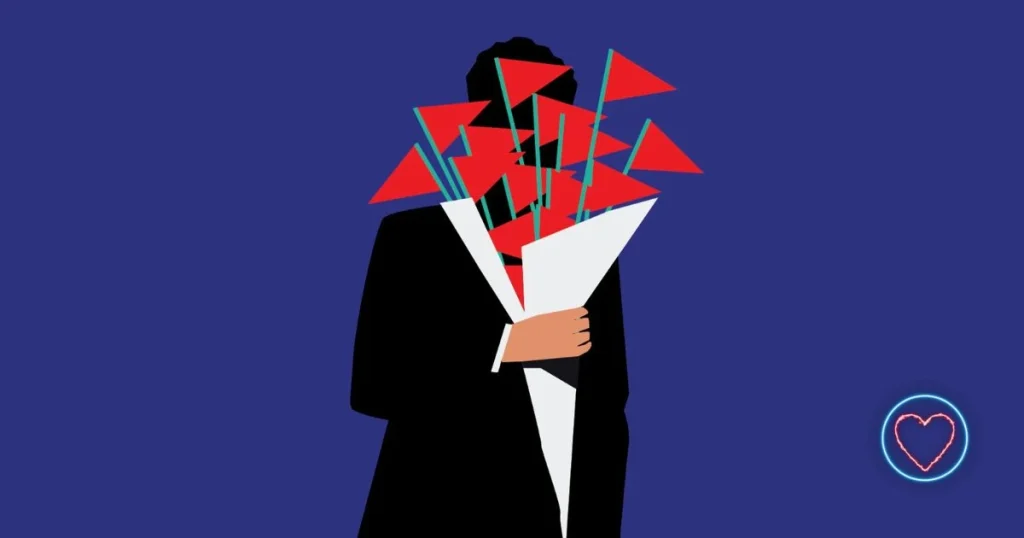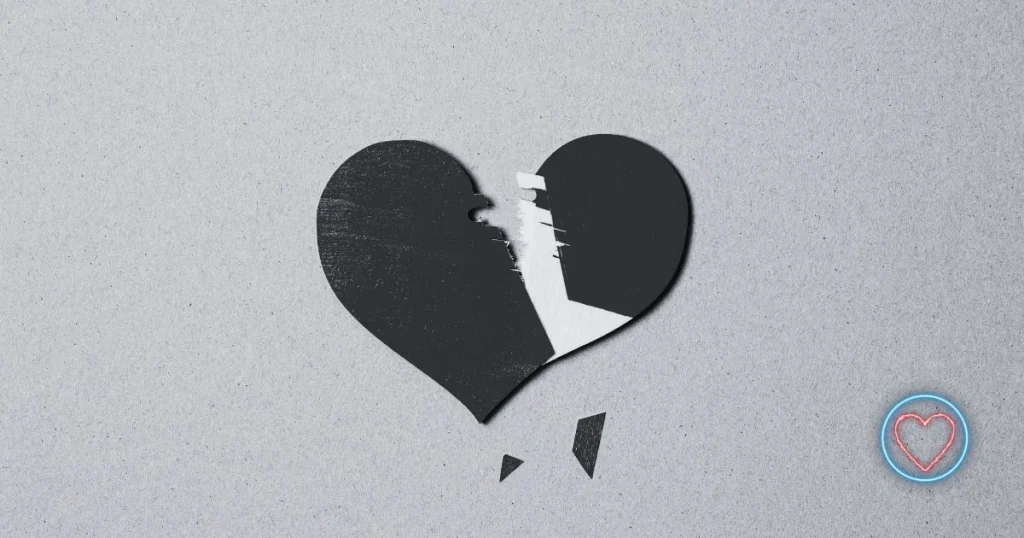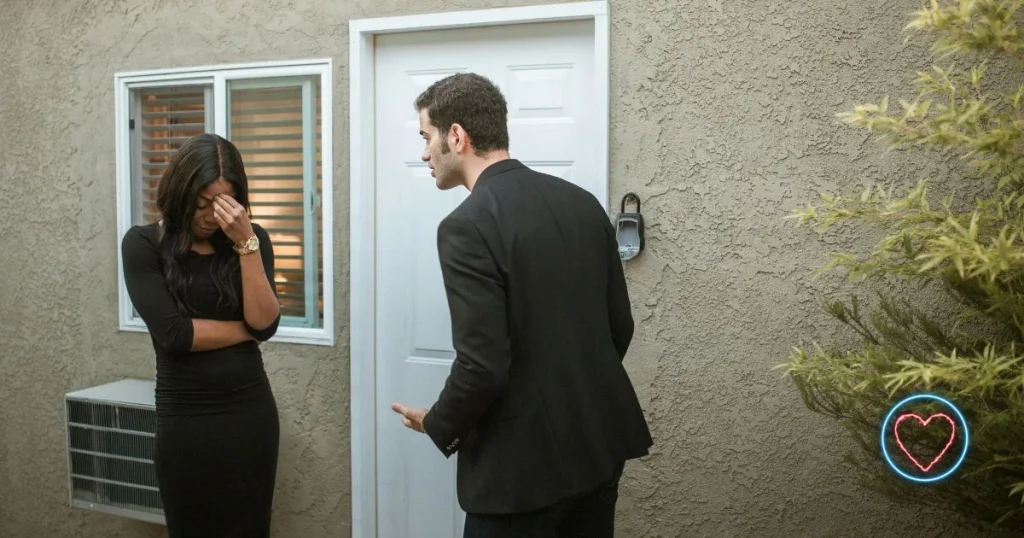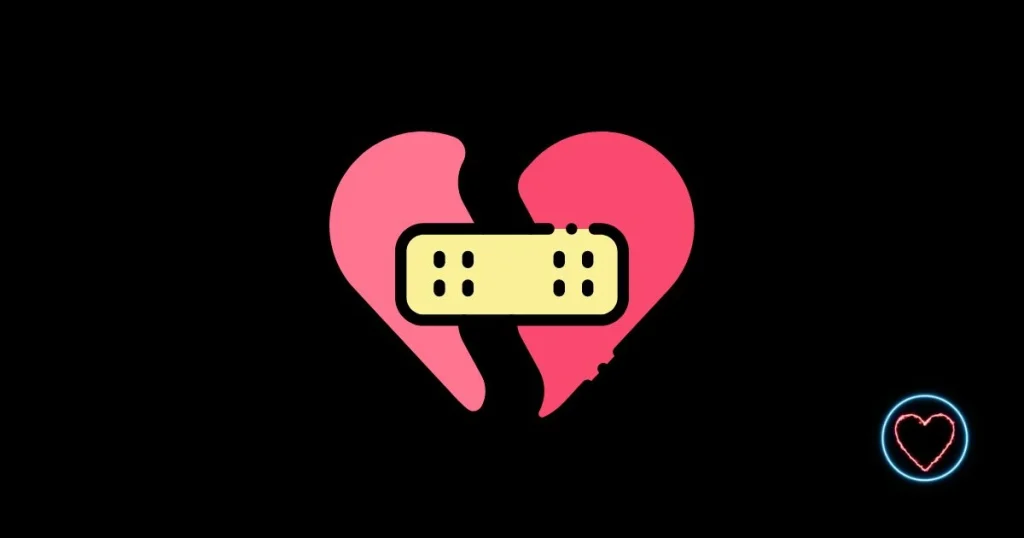In healthy relationships, love is a place of support, mutual understanding, and emotional safety. But in toxic relationships, love becomes a battlefield—where one partner skillfully manipulates the other into carrying the weight of their emotional pain. Slowly, almost without noticing, you may find yourself feeling responsible for their sadness, their anger, and even their failures. This psychological manipulation is a deeply destructive form of emotional abuse, designed to control, weaken, and imprison you.
Toxic lovers don’t always shout or threaten. Sometimes, they quietly twist reality, making you believe you’re the cause of their misery. Over time, you begin apologizing for things you didn’t do, bending yourself to avoid upsetting them, and losing your sense of peace and self-worth. But recognizing these manipulations is the first crucial step toward reclaiming your emotional freedom.
Here are 10 powerful signs your toxic partner is making you feel responsible for their pain.
1. They Constantly Say, “If You Loved Me, You Would…”
One of the most common manipulative tactics toxic partners use is emotional blackmail disguised as affection. They may say things like:
- “If you loved me, you wouldn’t talk to your friends so much.”
- “If you cared, you’d never make me feel this way.”
By framing their unhappiness as a reflection of your love or commitment, they create impossible expectations. No matter what you do, it’s never enough, and you’re left believing that their emotional wellbeing depends entirely on your actions.
This tactic forces you to prioritize their feelings over your own boundaries, needs, or happiness. Over time, you lose yourself trying to meet ever-shifting standards just to keep the peace.
2. They Turn Every Conflict Into Your Fault
In healthy arguments, both partners take responsibility for their actions. In toxic relationships, however, every disagreement becomes your fault—no matter the issue.
- If they lash out, it’s because you “pushed them too far.”
- If they’re distant, it’s because you “failed to understand” their needs.
- If they’re unhappy, it’s because you “don’t care enough.”
They skillfully shift blame, leaving you apologizing even when you’ve done nothing wrong. Over time, you internalize their narrative, feeling constantly guilty for things beyond your control.
3. They Weaponize Their Past Trauma
While many people carry emotional wounds, toxic partners weaponize their pain as a tool for manipulation. They may frequently remind you of their difficult childhood, failed relationships, or emotional struggles—and imply that your behavior is either triggering or worsening their wounds.
- “You know I have trust issues—how could you do this to me?”
- “After everything I’ve been through, you should know better.”
You find yourself walking on eggshells, afraid that even small mistakes will reopen old wounds. Instead of healing, their past becomes a tool for controlling you.
4. They Use Emotional Meltdowns to Control You
Toxic lovers often respond to conflict or boundaries with extreme emotional reactions—tears, screaming, withdrawal, or emotional breakdowns. These meltdowns serve a purpose: to make you feel responsible for their emotional state.
You may end up comforting them, apologizing, or withdrawing your concerns entirely just to stabilize their emotions. Eventually, you begin to avoid any topic that might upset them, sacrificing your needs and feelings to preserve the illusion of peace.
This creates a dynamic where your emotions are consistently suppressed to manage their volatility.
5. They Guilt-Trip You for Having Boundaries
Boundaries are essential in any healthy relationship. But to a toxic partner, your boundaries are viewed as personal attacks.
- If you ask for space, you’re “abandoning them.”
- If you disagree, you’re “invalidating their feelings.”
- If you say “no,” you’re “selfish” or “uncaring.”
They guilt-trip you into believing that your reasonable boundaries are actually acts of cruelty. Eventually, you may feel immense guilt for simply taking care of your own needs, allowing them to erode your limits piece by piece.
6. They Use Silent Treatment as Punishment
The silent treatment is a powerful tool for manipulation. When you upset a toxic partner (sometimes unintentionally), they may withdraw completely, refusing to speak, acknowledge you, or offer any emotional connection.
This cold silence leaves you anxious and desperate to “fix” whatever you did wrong—even if you don’t know what that was. The discomfort forces you to apologize prematurely, assume responsibility, and beg for reconciliation.
Over time, you become conditioned to avoid any behavior that could lead to silence, further handing them control.
7. They Twist Your Words Against You
Toxic lovers are masters of twisting conversations:
- They reinterpret your concerns as personal attacks.
- They exaggerate your words to make you seem cruel.
- They selectively “misunderstand” you to turn the tables.
For example, if you express frustration, they may respond with:
“So now you’re saying I’m a terrible person?”
This forces you into constant damage control, defending yourself rather than addressing the real issue. Slowly, you stop expressing your feelings altogether to avoid their twisted interpretations.
8. They Make You Feel Like You’re Never Doing Enough
No matter how much effort you put into the relationship, it’s never sufficient for a toxic partner. They may:
- Dismiss your gestures of love.
- Complain that you don’t support them enough.
- Compare your efforts to what “better” partners would do.
This constant dissatisfaction leaves you in a permanent state of guilt and inadequacy. You begin believing that their pain and unhappiness exist because you’re failing as a partner.
Over time, this can destroy your self-esteem and create an exhausting cycle of people-pleasing.
9. They Act Like the Victim in Every Situation
Toxic partners thrive on victimhood. No matter the situation, they portray themselves as the wronged party—even when they’ve clearly caused harm.
- If they cheat, it’s because they felt neglected.
- If they lie, it’s because they were afraid of your reaction.
- If they hurt you, it’s because they were “reacting” to your behavior.
By constantly playing the victim, they dodge accountability and invert the roles, making you the perpetrator and themselves the wounded soul. This manipulative reframing leaves you emotionally trapped, apologizing for their bad behavior.
10. They Threaten Self-Harm or Meltdown If You Leave
Perhaps the most extreme form of manipulation is when a toxic partner suggests that your actions—or leaving the relationship—would drive them to harm themselves.
- “If you leave me, I don’t know what I’ll do.”
- “I can’t live without you.”
This terrifying guilt trip places enormous responsibility on your shoulders, making you feel like their entire emotional survival depends on you. It’s a deeply dangerous and controlling tactic that keeps many victims locked in toxic cycles of abuse.
In reality, their pain is not your responsibility — but they convince you otherwise to maintain control.
The Psychological Cost of Carrying Someone Else’s Pain
Being trapped in this dynamic is not only exhausting — it’s emotionally devastating. Over time, you may experience:
- Chronic anxiety
- Low self-esteem
- Self-doubt
- Depression
- Emotional exhaustion
- Fear of setting boundaries
- A distorted sense of self-worth
You may begin to believe that you are selfish, broken, or incapable of maintaining healthy love, even though the problem lies in your partner’s manipulation—not your inadequacy.
How to Break Free
Breaking free from a toxic partner who makes you feel responsible for their pain requires both courage and support. Here are steps to start reclaiming your emotional autonomy:
- Recognize the Pattern
Naming and understanding the manipulation is the first step toward regaining control. - Seek Outside Perspective
Trusted friends, family, or therapists can offer valuable insight and remind you that you are not the problem. - Set Firm Boundaries
Healthy boundaries are essential to protect your emotional well-being—even if your partner resists or protests. - Refuse to Own Their Emotions
You are responsible for your feelings — not theirs. Their emotional health is not your burden to carry. - Consider Professional Help
Toxic relationships can leave deep scars. Therapy can help you rebuild your confidence, recognize manipulative patterns, and strengthen your emotional resilience.
Final Thoughts
When love turns toxic, and you’re made to feel responsible for your partner’s pain, it’s no longer love — it’s emotional captivity. Manipulative lovers thrive by blurring the lines between compassion and control, but recognizing these signs gives you the power to reclaim your sense of self.
True love is built on mutual respect, accountability, and emotional support—not guilt, blame, or fear. You deserve a relationship where your partner takes responsibility for their own emotions, where you are free to express your needs without punishment, and where love uplifts you rather than weighs you down.
No one should carry the burden of someone else’s pain as the price for love.




